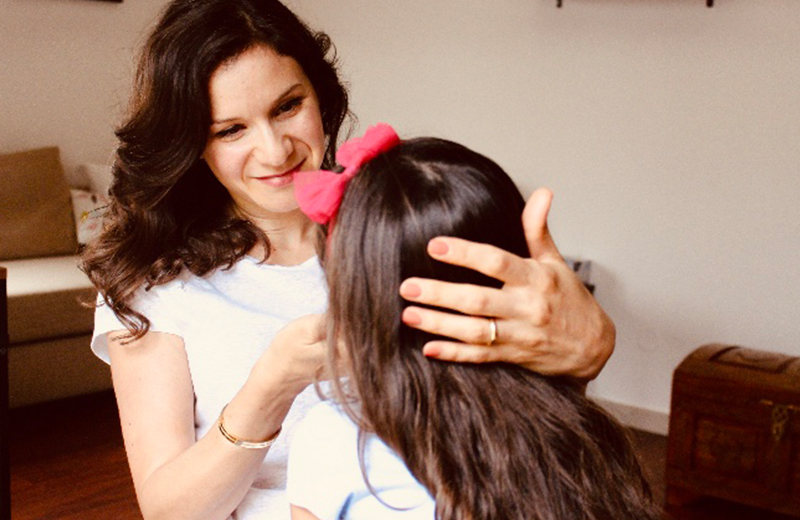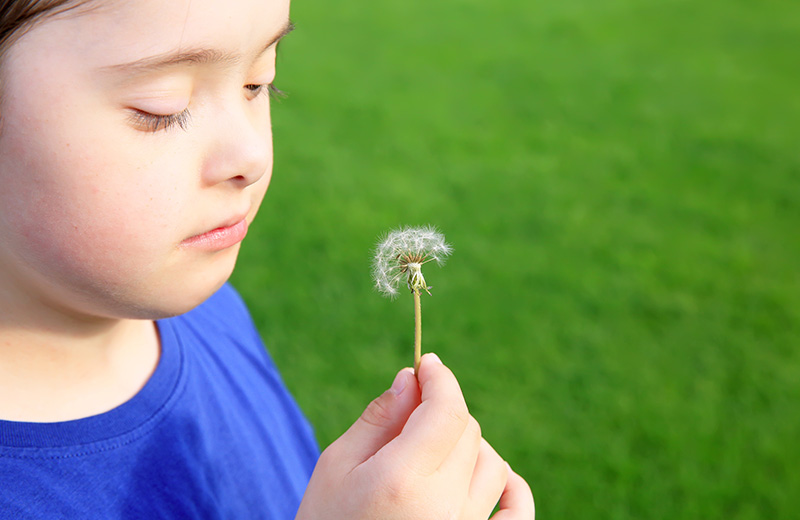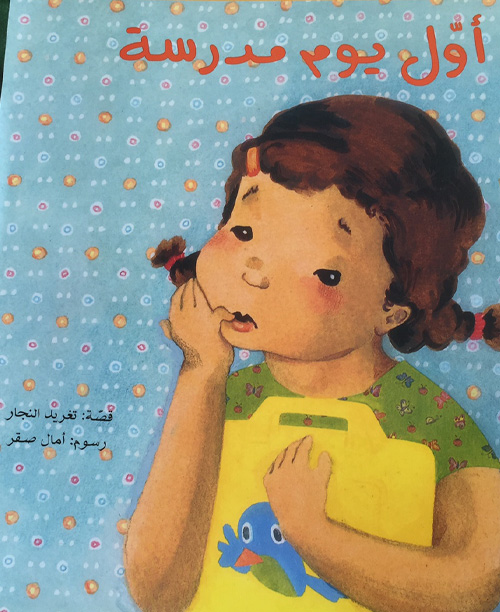Mothers’ Stories
Setting boundaries helped my kids more than you know!

In parenting, setting boundaries with your child builds trust and encourages cooperation. In contrast, providing the child with a permissive environment where she is allowed to do whatever she likes, fosters in building a rebellious attitude within – simply because the child feels insecure thinking that her parents lack the ability to set specific limits and clear guidelines.
Knowing this, as parents, it is our duty and obligation to create a safe environment for our children. We need to set those limits and follow a certain discipline in order to provide them with the safety they seek and the sanctuary they yearn for.
After all, it is our responsibility to prepare and help our child face the outside world and blend smoothly in it! And yes, it all goes back to the fact of establishing solid boundaries since they will eventually provide the child with life skills which she would use later in her future.
Everything starts from home, and the sooner we start applying certain logical and safe restrictions, the child feels more secure! That is how most of the behavioral problems are drastically reduced!
At home, we focus on four major house-hold rules:
- Safety rules: These include physical and emotional safety. Ever since the child is born, we as parents focus on establishing a safe environment to protect her from any harm.
For example, placing the child in a car seat when driving the car, or not allowing her to stand on tables and chairs.
- Ethics: Nurturing a child’s heart is as important as nurturing her mind, especially with all the unethical occurrences that are happening in our world on a daily basis! To achieve this goal, we need to set the example ourselves and by honestly discussing our moral beliefs as a family. It is essential to have the child learn to apologize when feeling sorry, and say the truth when asked.
- Healthy Habits: Agreeing with the child about following healthy habits saves a lot of quarreling. By time, a child would learn to put her dirty clothes in the laundry basket, brush her teeth, and consume sufficient amounts of fruits and vegetables.
At home, for example, we have been serving a platter of fruits for as long as I remember - every single afternoon!
- Social Skills: Social skills teach the child about living in coherency with the society. Sharing toys when the child is done playing with and taking turns are only early skills that would lead to a child dwelling in nicely into the society. As adults, it is our duty to guide the child and to use gentle words in applying these rules instead of allowing her to snatch objects away from others.
To maintain those guidelines, it is also significant to keep in mind a few essential points:
- The more concise and precise these rules are, the more likely the child will abide by them. Eventually, those rules change into daily habitual tasks, and when this happens it would be the time to create a new set of guidelines. Of course, some children are more likely to behave properly and others need more motivation and patience to accept certain instructions!
That is why, it is essential to always have open ended conversations with the child and look for the reasons behind her misbehavior. Finally, posting these rules up where everybody can see them is a continuous tangible reminder by itself.
- As the child grows older, it is always better to discuss the rules and consequences together. This will make the child feel more responsible of her actions and feels as an equal in the relationship.
- Focusing on recognizing the child’s positive behavior and showing her how much you appreciate the effort she is exhibiting, will definitely boost her confidence and build trust between the parent and the child.
- Labeling a child by negative words like “naughty, bad, stubborn” and the like, breaks the child’s self-image and sets limitation to her internal growth. As a parent, I would do whatever it takes to have my child have trust in me and know that I love her no matter what mischievous actions she has taken. That is why, I would focus on correcting the bad behavior and not the child herself.
In conclusion, once those boundaries are compassionately met and positively applied, a happy healthy and well-adjusted adult will blossom. That responsible individual will eventually be someone who will respect authority, rules, and basic moral codes.
After all, discipline is the highest form of love!














